 Former U.S. Vice President Dick Cheney attends the Conservative Political Action Conference on Feb. 10, 2011, in Washington, D.C. Photo: Mark Wilson/Getty Images
Former U.S. Vice President Dick Cheney attends the Conservative Political Action Conference on Feb. 10, 2011, in Washington, D.C. Photo: Mark Wilson/Getty Images ![]()
Eoin Higgins is the author of “Owned: How Tech Billionaires on the Right Bought the Loudest Voice on the Left.”
Former Vice President Dick Cheney’s death on Monday could be the perfect opportunity for media institutions in the U.S. to take a sober look at the George W. Bush era — but it’s more likely they’ll fire up the nostalgia machine than confront reality.
Liberal network MSNBC’s flagship a.m. program “Morning Joe” somberly announced the news on Tuesday and quickly worked to portray Cheney as a strong leader who fought for the country at all costs. Host Joe Scarborough said the former vice president was defined by his determination not to see another 9/11. Later in the show, author and historian Jon Meacham called Cheney “a remarkable American figure.”
“We don’t make them like this anymore,” Meacham said, implying this is a bad thing.
Scarborough celebrated Cheney as a “defender of democracy” for his opposition to Donald Trump, a common theme in his final act. The former vice president and Republican hard-liner was greeted warmly in recent years by powerful Democrats like Nancy Pelosi, Steny Hoyer, and Adam Schiff for the pivot.
It’s a pattern we’re likely to see continued in the wake of his death — and a sign that Democrats have still not learned hard lessons about their role in sending the country into the abyss.
In fact, Cheney had more of a role in giving us Trump than his later opposition might suggest, pioneering a cruel brand of post-truth politics that Trump would perfect.
Cheney said whatever he needed to in order to push his agenda. He cast aside clear legal constraints, wantonly starting illegal wars and ignoring nettlesome obstacles like the legal prohibition on torture. He ruthlessly attacked his perceived political enemies, decrying anyone who disagreed with him as “terrorist” sympathizers. Sound familiar?
Legacy of Bloodshed
The former vice president’s legacy is one that came with gallons of Iraqi blood and billions in profit for his friends and allies in the private sector — something that has been overlooked and papered over.
Cheney was part of three Republican presidential administrations: Gerald Ford’s, George H.W. Bush’s, and George W. Bush’s. In the latter two, Cheney helped prosecute wars on Iraq: first, the Gulf War in the early 1990s, which set the stage for the second disastrous Iraq War that defined the younger Bush’s presidency and wrought destruction across the Middle East.
A masterful manipulator of the national media, Cheney was a point man for selling the 2003 Iraq War. He appeared on “Meet the Press” multiple times during the 2000s, plying obsequious host Tim Russert with lies and misleading statements comparing Saddam Hussein to Adolf Hitler and implying that the Iraqi dictator was involved in the 9/11 attacks.
After Iraq devolved into chaos due to the U.S. invasion, Cheney returned to Russert in 2006 to imply that critics of the war were aiding and abetting the enemy by raising doubts among allies about U.S. commitment to the mission.
“Those doubts are encouraged, obviously, when they see the kind of debate that we’ve had in the United States,” Cheney said. “Suggestions, for example, that we should withdraw U.S. forces from Iraq simply feed into that whole notion, validates the strategy of the terrorists.”
Maintaining a presence in Iraq had its own consequences. The “surge” of U.S. troops to pacify the country led to the deaths of thousands more and continued to destabilize the region, and led to the rise of a number of fundamentalist groups, culminating in the ISIS militant takeover of Mosul and the resulting brutality visited upon the Iraqi people.
You can’t even spin doubling down on the war as an international win for the U.S. The biggest benefactor of the conflict was geopolitical rival Iran, which saw its power and influence grow in the wake of the disaster.
At home, the ramifications of the Iraq War damaged and discredited U.S. institutions. The media’s role in promoting the war was shameful and the source of much of the mistrust and discontent that the American people still have for the Fourth Estate.
Rather than take on the lessons of that time and hold the architects of war policy accountable, corporate U.S. newsrooms have, by and large, worked overtime to launder the reputations of the leaders of the Bush administration in the intervening years.
Trump Era Turncoat
Cheney lived to see his image fully rehabilitated, as have many of the neocon figures in and around the Bush administration, including Bush himself. Cheney was part of a cottage industry of wayward Republicans who raised their profiles, earned liberal plaudits, and made millions by rejecting Trump.
Desperate to differentiate between the mythical “good Republican” and the vulgar, far-right MAGA movement, liberal media institutions spent much of the president’s first term from 2017 to 2021 rehabbing the images of Bush White House officials as a de facto “resistance” that broke with Trump as just a step too far.
The turncoats’ motives, however, may not have been so pure as “defending democracy.” Both Cheney and his daughter Liz, who followed in her father’s footsteps as a GOP representative from Wyoming, embraced the opportunity to reject Trump, not least by repudiating his America First foreign policy doctrine. Their problem? Not enough war-making; Trump eschewed the kind of wholesale invasions and occupations the Cheneys embraced.
It was the riot at the Capitol on January 6, 2021, that finally forced a clean break for the Cheneys, whose adherence to the unitary executive was total.
It’s possible that Cheney, a polarizing figure — he voted for Kamala Harris in 2024 — will prompt a more subdued response from liberals in the halls of power and among the media, despite his late-in-life conversion on democracy.
His legacy of blood, destruction, and death, however, is one that must be accounted for, rather than made a footnote in the career of a so-called public servant.

 German (DE)
German (DE)  English (US)
English (US)  Spanish (ES)
Spanish (ES)  French (FR)
French (FR)  Hindi (IN)
Hindi (IN)  Italian (IT)
Italian (IT)  Portuguese (BR)
Portuguese (BR)  Russian (RU)
Russian (RU) 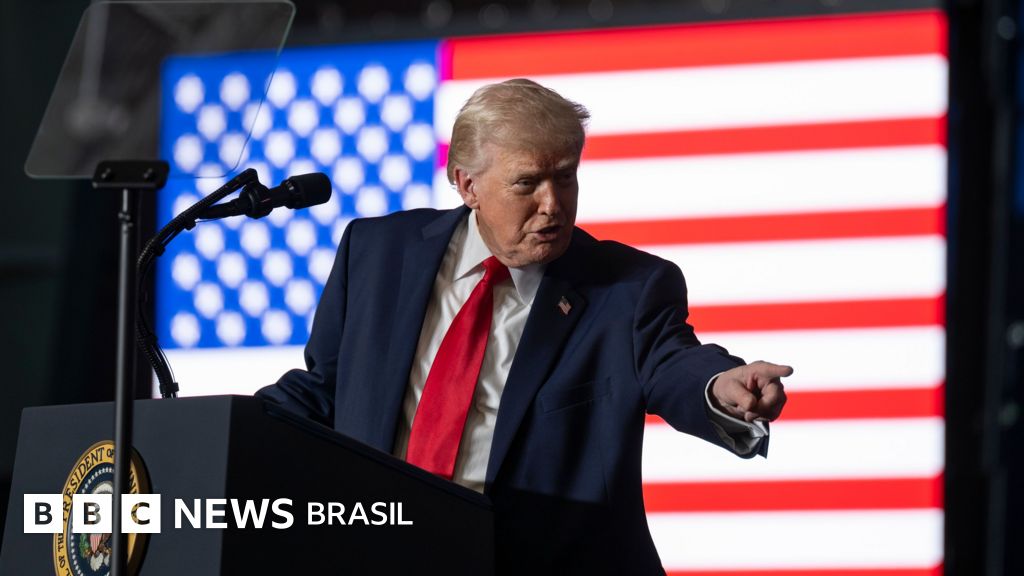





:strip_icc()/i.s3.glbimg.com/v1/AUTH_59edd422c0c84a879bd37670ae4f538a/internal_photos/bs/2023/l/g/UvNZinRh2puy1SCdeg8w/cb1b14f2-970b-4f5c-a175-75a6c34ef729.jpg)


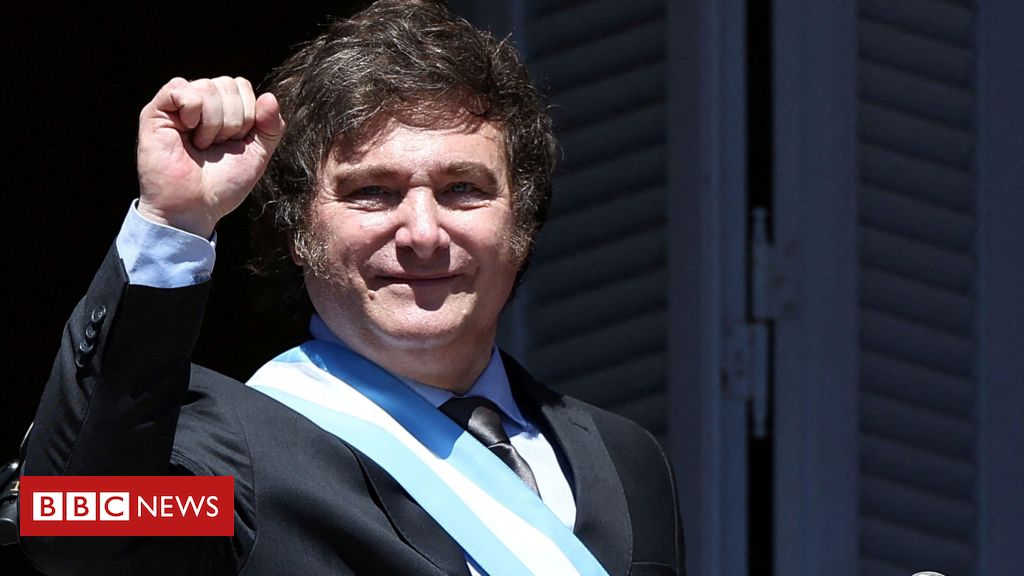
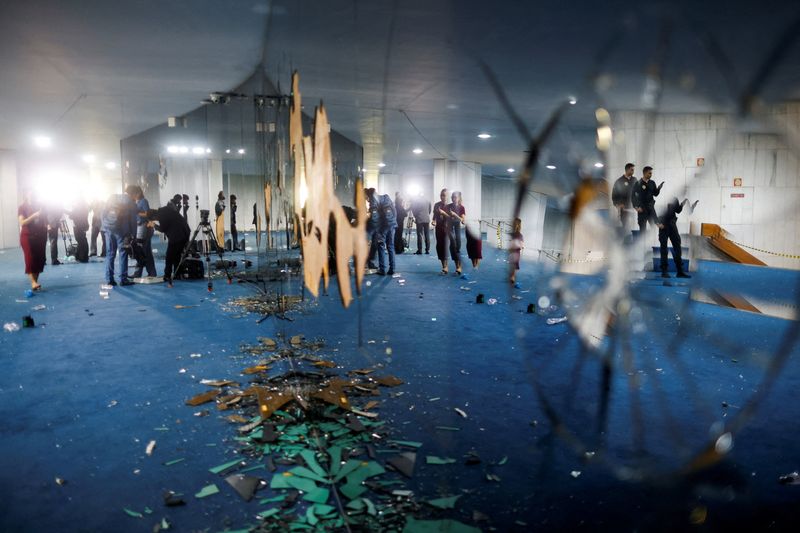

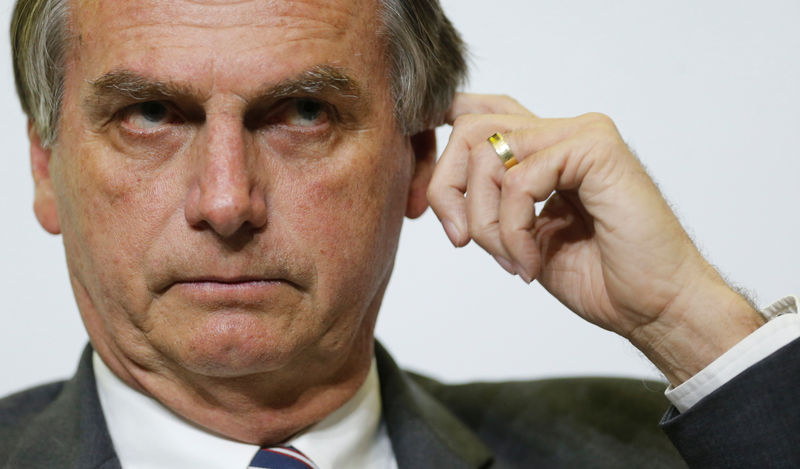
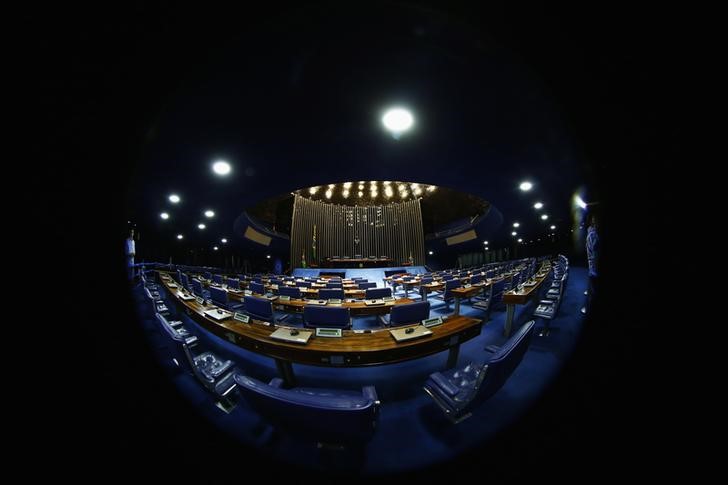
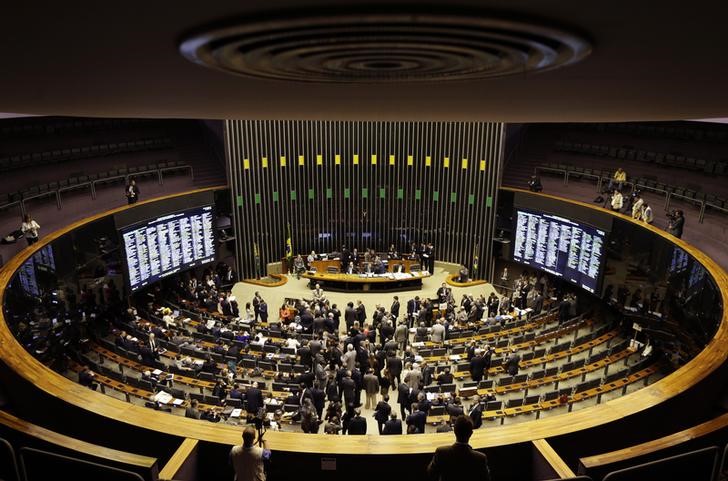


Comentários
Aproveite ao máximo as notícias fazendo login
Entrar Registro